Electrical and Electronics Engineering
About
The Department of Electrical and Electronics Engineering at RGUKT-Nuzvid, Andhra Pradesh is Established in 2020-2021. Our B.Tech program prioritizes ICT-based learning through hands-on experiences. Committed to knowledge assimilation and generation, we foster interdisciplinary projects for sustainable technologies. Our faculty inspires students, offering expertise in diverse areas. Emphasizing practical application, we create a dynamic learning platform. Join us on an exciting journey of exploration and excellence in electrical and electronics engineering, where students and faculty collaboratively shape the future of technology.
VISION
To be a globally recognized Electrical and Electronics Engineering department with academic excellence and focus on translational research
MISSION
To impart quality education to produce globally competent electrical engineers,
To foster research, innovation, and industrial collaboration and
To provide value-based education to address societal problems of multidisciplinary dimensions
HOD, Electrical and Electronics Engineering
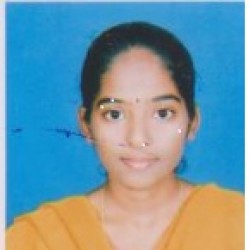
Curricula
The Department of Electrical and Electronics Engineering offers: 8 semesters undergraduate course leading to the B.Tech degree in "Electrical and Electronics Engineering".
Curriculum for B.Tech
- B.Tech curriculum for 2020-24 batch onwards
- B.Tech curriculum for 2021-25 batch onwards
- B.Tech curriculum for 2022-26 batch onwards
- B.Tech curriculum for 2023-27 batch onwards
Syllabus for B.Tech
Labs
The department has following well equipped laboratories which provide practical instruction to undergraduate students and facilities for post-graduate training, research work and consultancy.
- Electrical Technology Lab
- BASIC ELECTRICAL AND ELECTRONICS ENGINEERING
- Computational Lab
- Electrical Machines Lab
- Internet of Things Lab
- Robotics Lab
- Control System Lab
- Power Electronics Lab
- Power Systems Lab
- Electrical Vehicles Lab
E1 Semester 1
E1 Semester 2
E2 Semester 1
E2 Semester 2
E3 Semester 1
Faculty
RGUKTN has recruited outstanding faculty members from the best educational institutions. Their diverse training experiences, skillsets and expertise makes RGUKTN an institution of learning like no other in India.
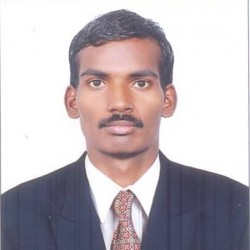



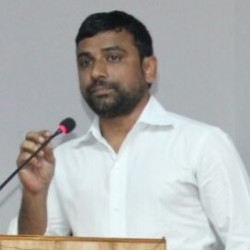

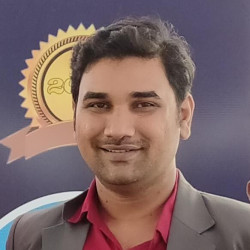
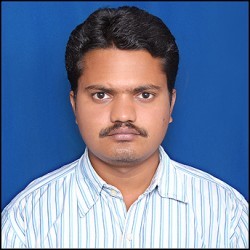
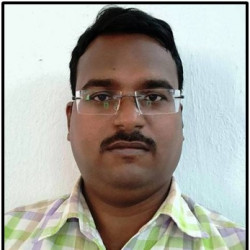
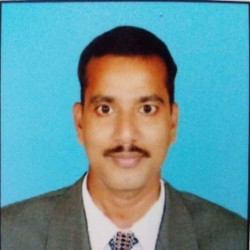
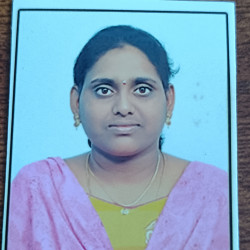
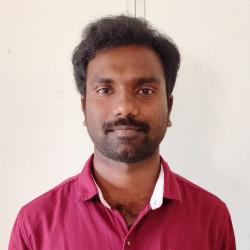

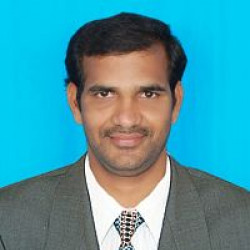
Staff
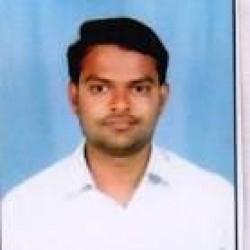
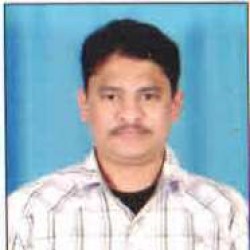
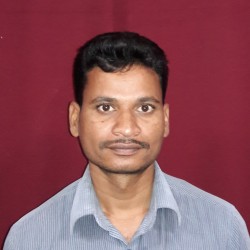


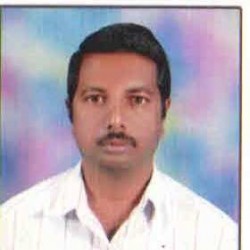
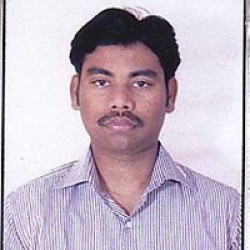


Workshops/ Seminars
Research & Consultancy
| Sl No | Project Title | Name of the Principal Investigator/Co-Investigator | Funding Agency | Status |
|---|---|---|---|---|
| 1 | Design and Development of Agro sensors | Mr. B Prasad | MHRD Govt. of India | Ongoing |
| 2 | Design and Development of Bio sensors | Mr. B Prasad | MHRD Govt. India | Ongoing |
| 3 | Butterfly multi-agent model by TERRINET | Mr. J Chakravathi | EUs biggest robotics | Completed |

